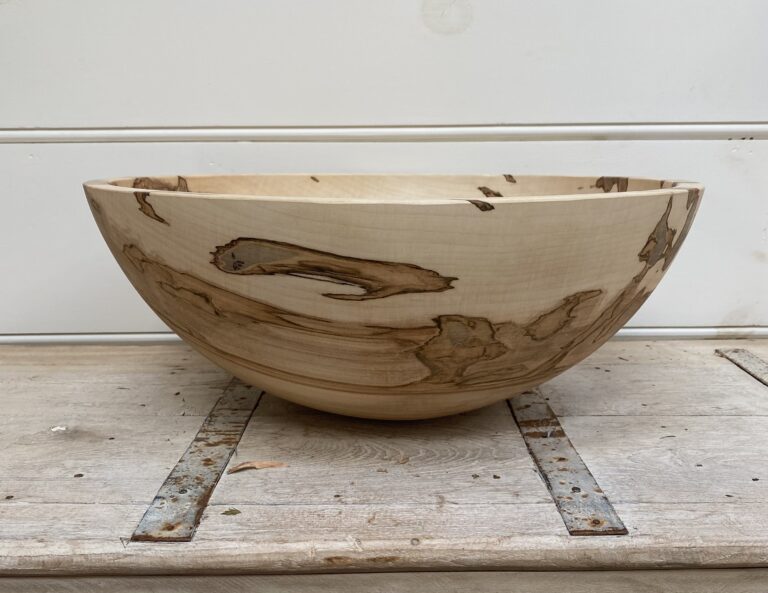In today’s eco-conscious world, many of our customers wonder: How do I know if a wood product is really sustainably sourced? It’s a great question. With so many companies using buzzwords like “green,” “eco,” and “natural,” it can be tough to separate truly sustainable products from clever marketing. Thankfully, there are ways to tell if your wooden bowl, board, or home accessory lives up to its sustainable claims.

What Does “Sustainable” Really Mean?
To understand if a product is sustainable, you need to know what the term means in practice. Sustainability in wood products usually refers to how the wood is harvested and processed. A truly sustainable wood product uses materials that are either renewable, reclaimed, or responsibly managed so they don’t harm forests or ecosystems over time.
Sustainable wood practices also consider the broader impact. This includes reducing carbon footprints, supporting local economies, and avoiding the overharvesting of rare or slow-growing trees.
Sustainable Wood Certifications and Labels
One of the easiest ways to confirm sustainability is through third-party certifications. For example, the Forest Stewardship Council (FSC) label ensures the wood comes from responsibly managed forests. The Programme for the Endorsement of Forest Certification (PEFC) is another reliable label.
While not all sustainable companies carry these certifications, they can offer peace of mind. Certifications hold producers accountable and require transparency throughout the supply chain.
However, don’t stop at labels—dig into the company’s story too. Many small, artisan brands follow ethical practices without official certifications, and they’re usually proud to explain how their sourcing works.
Which Types of Wood Should You Avoid?
Some wood types are known for their environmental red flags. Rare tropical hardwoods—like teak, mahogany, and ebony—often come from endangered forests or are linked to illegal logging. While they may look beautiful, they can carry a heavy ecological price.
Is the Wood Upcycled, Local, or Reclaimed?
Not all sustainable wood is new. In fact, some of the most eco-friendly wood products are made from materials that have already served another purpose.
Upcycled wood is salvaged from old furniture, barns, or buildings and transformed into something new. Reclaimed wood comes from similar sources, including old mills, homes, or wine barrels. Local wood reduces transportation emissions and supports nearby communities. And fallen tree wood is rescued from the forest floor, often after storms or disease have taken their toll.
At Spencer Peterman, sustainability isn’t a trend—it’s the foundation of everything we do. We work exclusively with wood that would otherwise be burned, chipped, or tossed. We use fallen wood or logs obtained from local tree services, and specialize in working with rare woods like burl or spalted and ambrosia maple. This type of sourcing not only protects standing forests but also highlights nature’s beauty in every knot, curve, and grain.
Can You Tell the Age of the Wood?
If a brand claims to use old or reclaimed wood, how can you tell if it’s true? While there’s no instant test at home, a few clues can help.
Look for signs of age like patina, nail holes, or irregular grain. Older wood may show weathering or a darker, richer tone from decades of exposure.
Ask the maker where the wood came from. Artisans who use reclaimed materials often share stories about the wood’s origins—whether it was once a barn beam, a ship plank, or a fallen maple tree.
Transparency matters. If the company can’t answer your questions, the wood may not be as old or sustainable as they suggest.
Final Thoughts: Ask the Right Questions
So, how do you know if a wood product is really sustainably sourced? Ask about the wood’s origin. Look for certifications. Avoid rare or imported tropical woods. Support brands that upcycle, reclaim, or source wood locally. And trust makers who are transparent about their materials.





